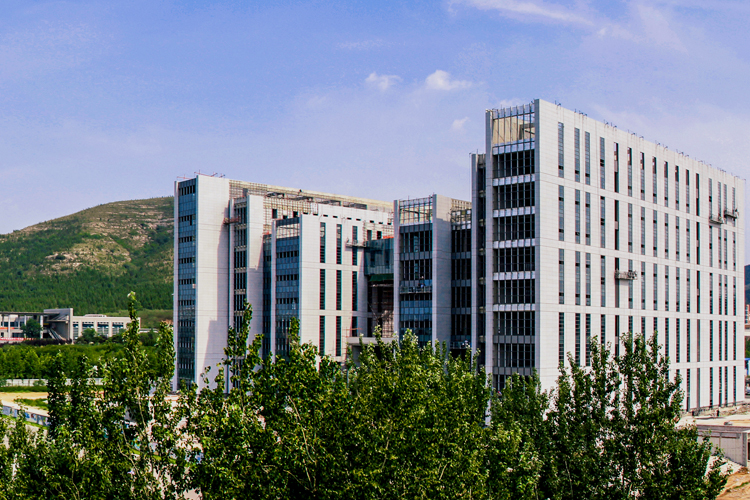Introduction
The School of Economics began its operations in March 2011. The school has its origins in the Political Education Department of Shandong Normal College in 1960. Relying upon the profound cultural heritage of SDNU (Shandong Normal University), the school has forged ahead with determination in unity and with rapid progress since its founding. It has been designated one of the "Top 10 Departments of SDNU" three times since 2014.
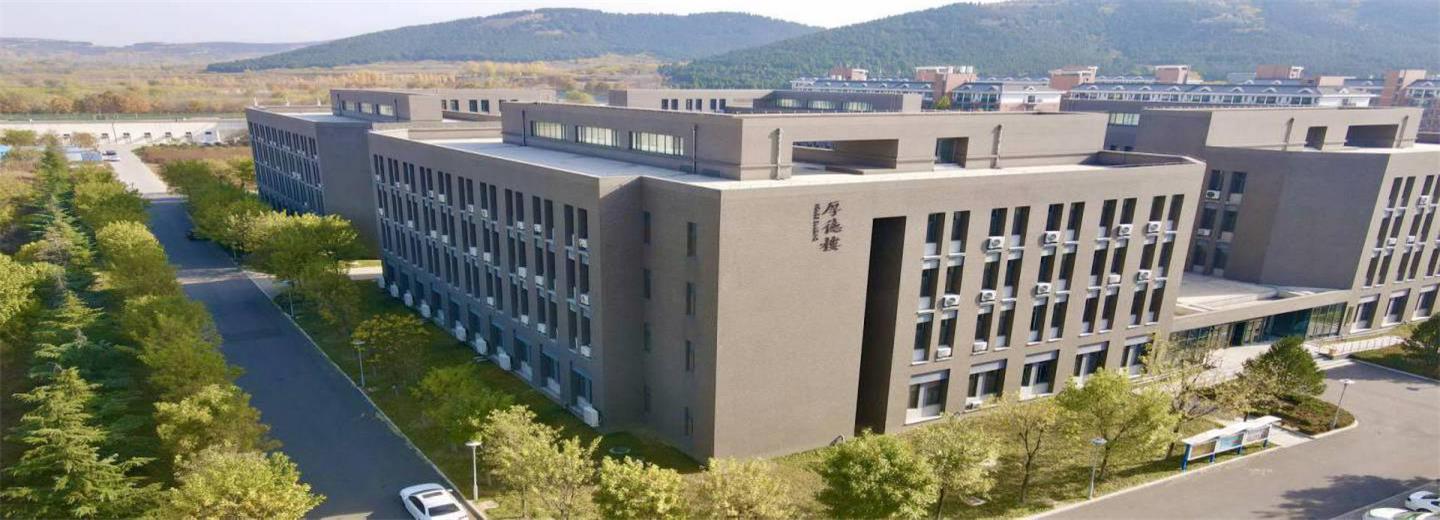
Economics is a dominant subject at SDNU. In 1985, the University started to recruit political economy postgraduates (in association with Shandong University). In 1998, the University was approved to establish a master’s degree program in population, resources and environmental economics. In 2003, the master’s degree program in world economics and the master’s degree program in regional economics were the first to be established in Shandong Province. In 2006, the doctoral degree program in population, resources and environmental economics was established. In 2010, the master’s degree program in theoretical economics and the master’s degree program in international business (MIB) were established. In 2011, population, resources and environmental economics and world economy were rated as provincial key disciplines. In March 2018, the doctoral degree2 program in theoretical economics was approved to be established.
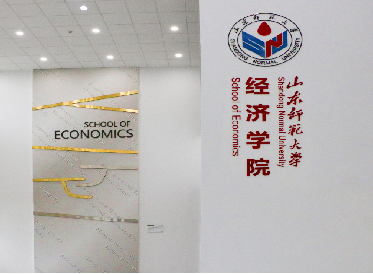
The school has a staff of 81, including 69faculty members. All of the faculty have doctoral degrees or are currently in doctoral programs. One-third of our faculty members have more than a half year of overseas experience. One professor has been selected as a “ Mount Tai Scholar ” and two are designated as“Qilu Cultural Talents”. Two faculty members won first prize in a teaching competition among young teachers in Shandong Province. The student advisor team won first prize twice at the University Student Advisor Skills Competition. One staff member won first prize in the first vocational ability competition of college student advisors in Shandong Province.
The school is divided into three departments: International Economics and Trade, Finance, and Economics, with almost 1200 students at the undergraduate, graduate and doctoral levels. Four undergraduate majors include international economics and trade, finance, economics and finance and futures. There are five master’s programs, including western economics, world economics, population and resources and environmental economics, political economics, and MIB. There are four doctoral programs, including western economics, world economics, population and resources and environmental economics, and political economics.
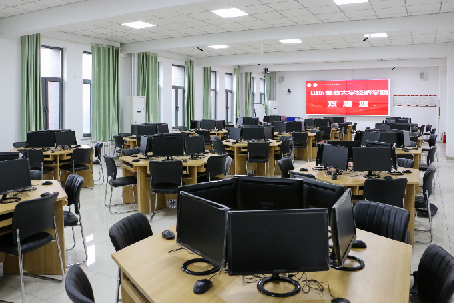
Our academic program has an outstanding reputation and continues to be one of the most popular majors on campus. We stress a strong foundation in theory and econometrics for both the graduate and undergraduate levels. Recruiters are consistently impressed with our students’ ability to apply economic theory to their careers, often in finance, international trade, and many other fields.
Internationalization is a significant feature of the school. In 2020, the school was chosen as a “Model School of Internationalization”for its outstanding achievements in international communication. Currently, the school has a number of international joint programs, including a joint finance class with the University of Aberdeen, a “2+2” dual bachelor’s degree program and a“1+1+1”dual master’s degree program with the University of Aberdeen, and a “3.5+1.5”joint bachelor-master’s program with the University of Texas at San Antonio.
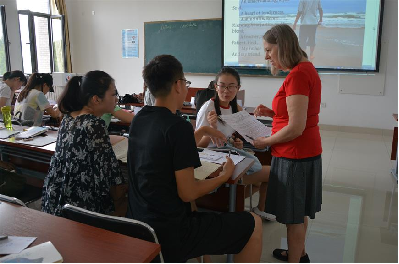
From its modest beginnings, the school has evolved into an excellent research institution, equipped with a fine team of young economics scholars. We are committed to performing high quality research and achieving an excellent reputation in Agricultural Development,Finance,International Trade and many other fields.





